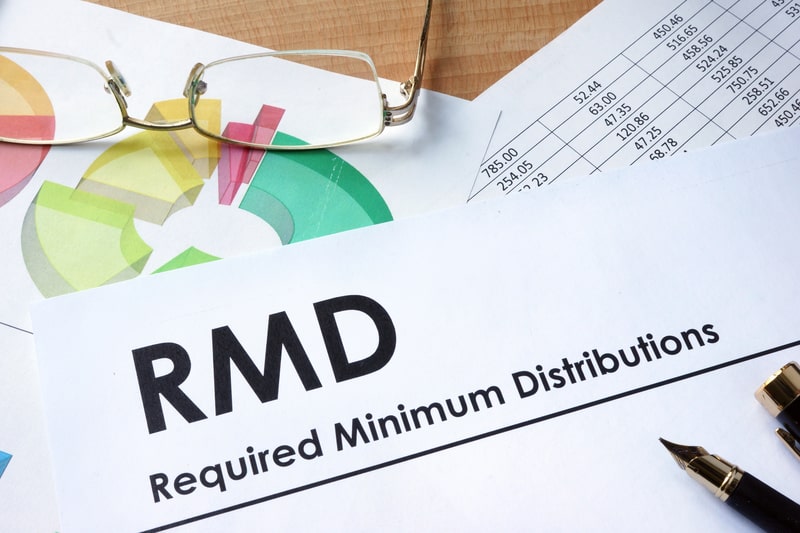The Internal Revenue Service has announced that anyone who already took a required minimum distribution (RMD) in 2020 from certain retirement accounts now has the opportunity to roll those funds back into a retirement account following the CARES Act RMD waiver for 2020. Such a rollover will prevent the distribution from being taxable in 2020 and will allow the funds to stay in the account and earn more during this year.
The 60-day rollover period for any RMDs already taken this year has been extended to August 31, 2020, to give taxpayers time to take advantage of this opportunity.
The IRS described this change in Notice 2020-51, released June 23. The Notice also answers questions regarding the waiver of RMDs for 2020 under the Coronavirus Aid, Relief, and Economic Security Act, known as the CARES Act.
The CARES Act enabled any taxpayer with an RMD due in 2020 from a defined-contribution retirement plan, including a 401(k) or 403(b) plan, or an IRA, to skip those RMDs this year. This includes anyone who turned age 70 1/2 in 2019 and would have had to take the first RMD by April 1, 2020. This waiver does not apply to defined-benefit plans. (This RMD Waiver was discussed in our April issue of this e-newsletter.)
In addition to the rollover opportunity, an IRA owner or beneficiary who has already received a distribution from an IRA of an amount that would have been an RMD in 2020 can repay the distribution to the IRA by August 31, 2020. The notice provides that this repayment is not subject to the one rollover per 12-month period limitation and the restriction on rollovers for inherited IRAs.
The notice provides two sample amendments that employers may adopt to give plan participants and beneficiaries whose RMDs are waived a choice as to whether or not to receive the waived RMD. The notice does not extend other deadlines and rollover requirements. Thus, for example, there is no extension of the deadline of September 30 following the year of death (relating to when designated beneficiaries must be determined); the October 31 deadline (relating to the date by which the trustee of a trust that is a plan’s designated beneficiary must provide the plan administrator certain information); or the last-day-of-the-year deadline (relating to the date by which separate accounts for multiple beneficiaries must be established). Similarly, if a participant or beneficiary dies in 2020, there is no extension of the 5-year period (for payout to designated beneficiaries) or the 10-year period (for payout to eligible designated beneficiaries), as applicable under the SECURE Act.
